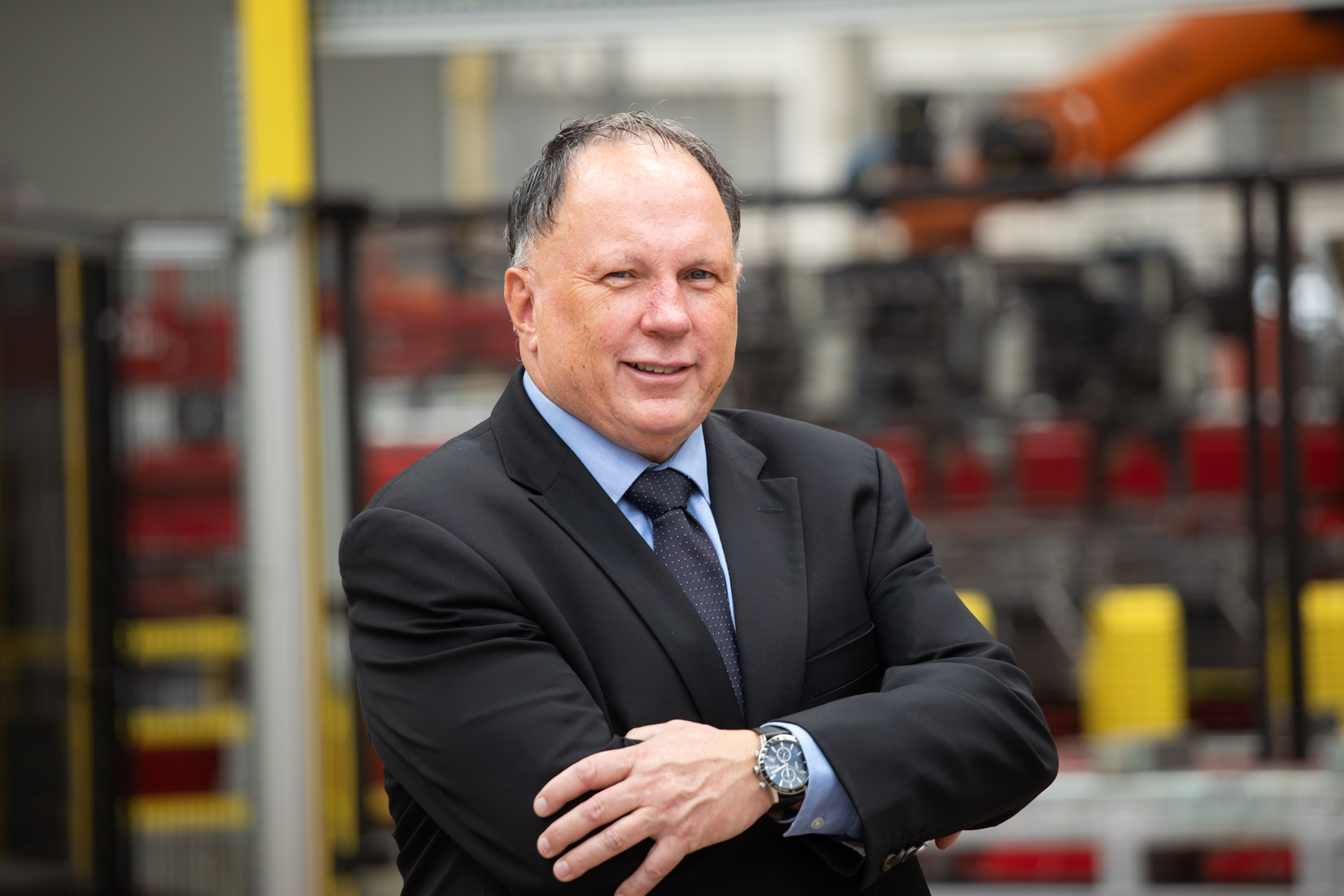One of the UK’s leading manufacturing figures has called on the government to focus on reindustrialisation rather than deindustrialisation – before it’s too late.
The Confederation of British Metalforming’s Stephen Morley has made the rallying call in the wake of some of the most turbulent times seen by industry in decades, with the volatility of the ‘Trump Tariffs’ being the latest hammer blow to the domestic engineering base.
He believes the US President’s moves are just the latest issue to befall SMEs in the supply chain and that there are longer-term challenges to acknowledge and overcome, including successive policy decisions that have failed to back manufacturers.
“Our economy isn’t struggling because of a single moment. It’s been built on policy decisions made by successive governments, decisions that have seen the manufacturing sector’s share of GDP fall by over a third from 15% in 2000 to around 9% today,” explained Stephen, who has been involved in the automotive sector for more than 35 years.
“We are reaping the results of weak investment in UK manufacturing that has gone on for decades. Successive government policies, whether that be on energy, skills, or infrastructure, have completely failed industry.”
He continued: “The previous government couldn’t even bring itself to have an Industrial Strategy, whilst Labour, who were elected on a platform for growth, pulled the rug from under us with an anti-growth budget, just a few months after coming into power.
“As a result, manufacturing finds itself on such fragile foundations that with every external shock, we see more cracks appearing. As a country, it’s shocking that we are much closer to deindustrialisation than reindustrialisation.”
The Confederation of British Metalforming (CBM) represents over 200 members involved in the production of fasteners, forgings, pressings, cold-rolled and sheet-metal products.
It is calling for less talk and more action for British industry, with more competitive energy pricing, a fair-trading environment, and supply chains that work for the businesses that rely on them.

Bosses at the CBM want the Business Secretary to introduce policies that strengthen manufacturing, instead of paying lip service whilst continuing to push financial services.
“In short, we need action to stop the harm and a real plan for reindustrialisation before it’s too late for businesses, our members and hundreds of thousands of SMEs that actually make things, who are being left behind,” added Stephen.
“The Confederation of British Metalforming is standing up for companies that keep this country’s manufacturing sector alive. We will continue to push for the policies, the investment, and the changes that will allow our members to compete and thrive.”
He concluded: “Without action, without a real strategy, and l don’t mean a flimsy Industrial Strategy with no investment behind it, we all know where it’s heading! Deindustrialisation isn’t inevitable but if we don’t fight for manufacturing now, it could be.”
For further information, please visit www.thecbm.co.uk or follow the organisation across its social media channels.








